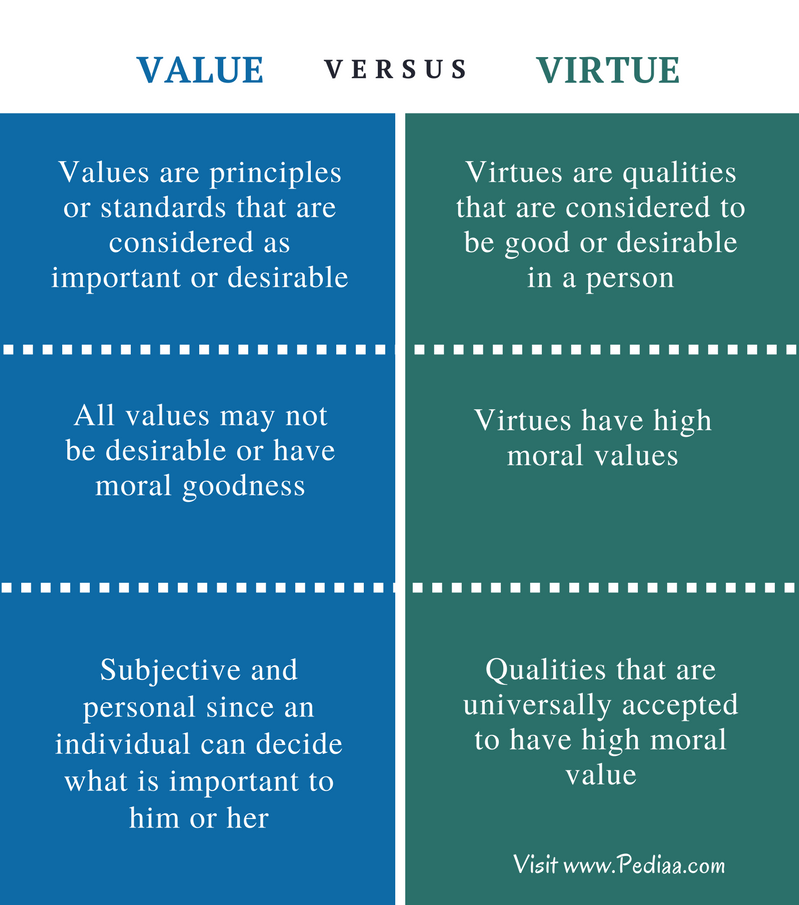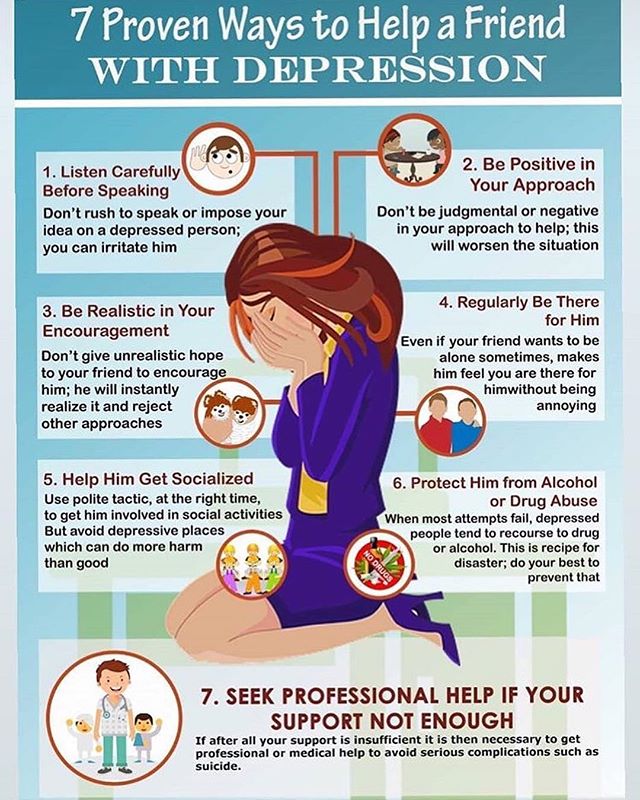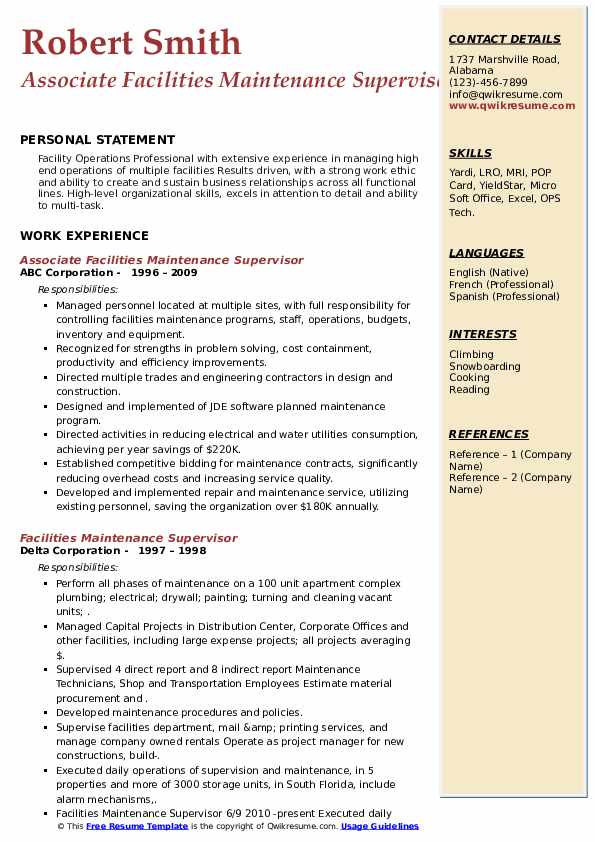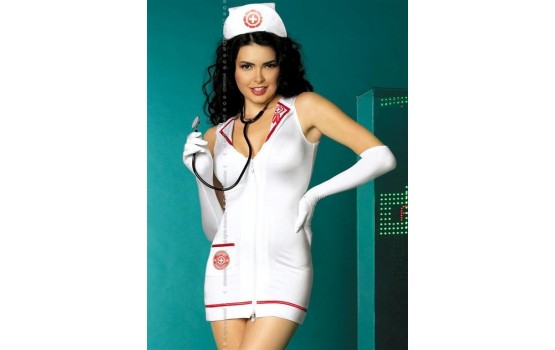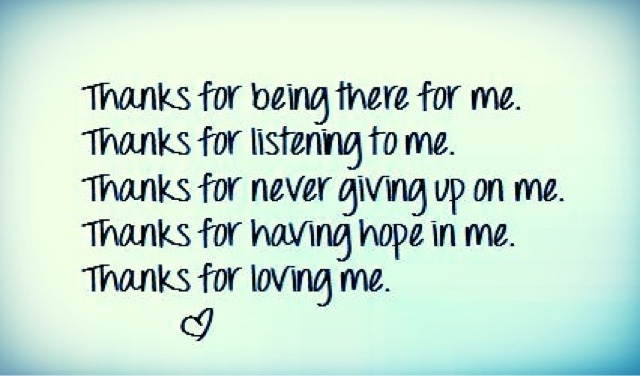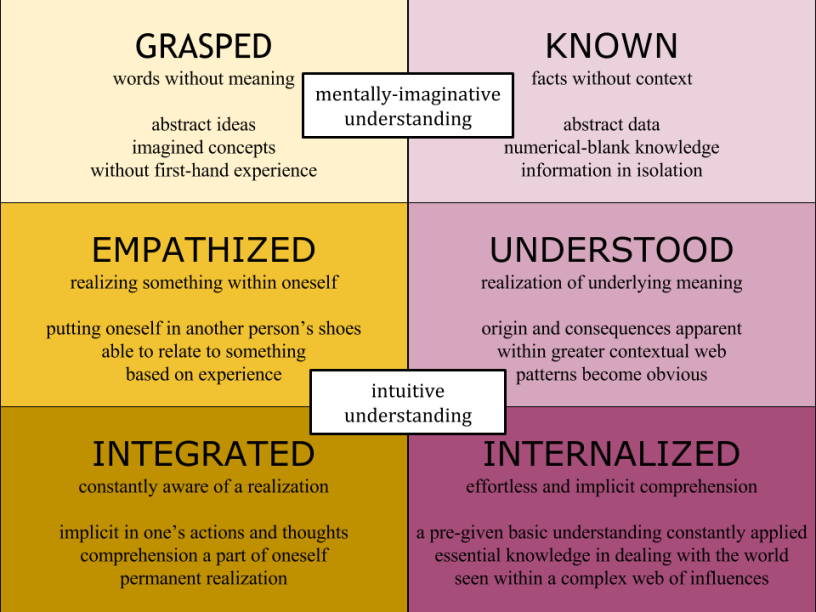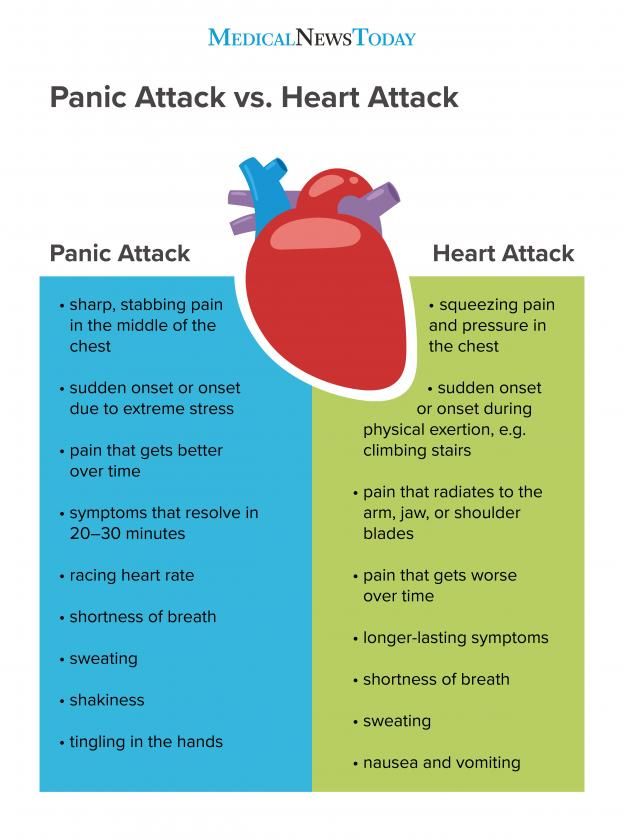Work anxiety test
Anxiety test | Quick, free and clinically-validated
0203 326 9160
0203 761 7026
0203 761 7027
0203 761 7029
0203 326 91600203 761 70260203 761 70270203 761 7029
Fees & Payment Options
FAQs
Share this page
Question 1
I find it very hard to unwind, relax or sit still
- Never
- Rarely
- Sometimes
- Often
- Very often
Question 2
I have had stomach problems, such as feeling sick or stomach cramps
- Never
- Rarely
- Sometimes
- Often
- Very often
Question 3
I have been irritable and easily become annoyed
- Never
- Rarely
- Sometimes
- Often
- Very often
Question 4
I have experienced shortness of breath
- Never
- Rarely
- Sometimes
- Often
- Very often
Question 5
I have felt dizzy and unsteady at times
- Never
- Rarely
- Sometimes
- Often
- Very often
Question 6
I have had difficulties with sleep (including waking early, finding it hard to go to sleep)
- Never
- Rarely
- Sometimes
- Often
- Very often
Question 7
I have felt panicked and overwhelmed by things in my life
- Never
- Rarely
- Sometimes
- Often
- Very often
Question 8
I have felt nervous and on edge
- Never
- Rarely
- Sometimes
- Often
- Very often
Question 9
I have had trembling hands
- Never
- Rarely
- Sometimes
- Often
- Very often
Question 10
I seem to be constantly worrying about things
- Never
- Rarely
- Sometimes
- Often
- Very often
1
Question 1 of 10
When answering the above questions please consider how they have applied to you in the last month or so.
This test will give an indication as to whether you are experiencing the most common symptoms of an anxiety disorder, but it cannot replace a full assessment nor should be used to self diagnose or decide upon a treatment plan.
This test was adapted from: Generalised Anxiety Disorder GAD-7
Need to talk?
0203 326 9160 0203 326 9160
A free, confidential call could quickly help you get the support you need. Your call will be answered by an assistant psychologist who will listen to your concerns before explaining your options and suggesting the most appropriate treatment.
Take another test
View all tests
We have online mental health quizzes for many conditions including ADHD, autism, anxiety, depression, PTSD, and more. Each one should take no longer than five minutes.
No Internet Connection
3 Minute Anxiety Test & Screening. Get Instant Results.
Anxiety Disorders
Uncontrollable and persistent anxiety that interferes with your daily life may indicate generalized anxiety disorder (GAD).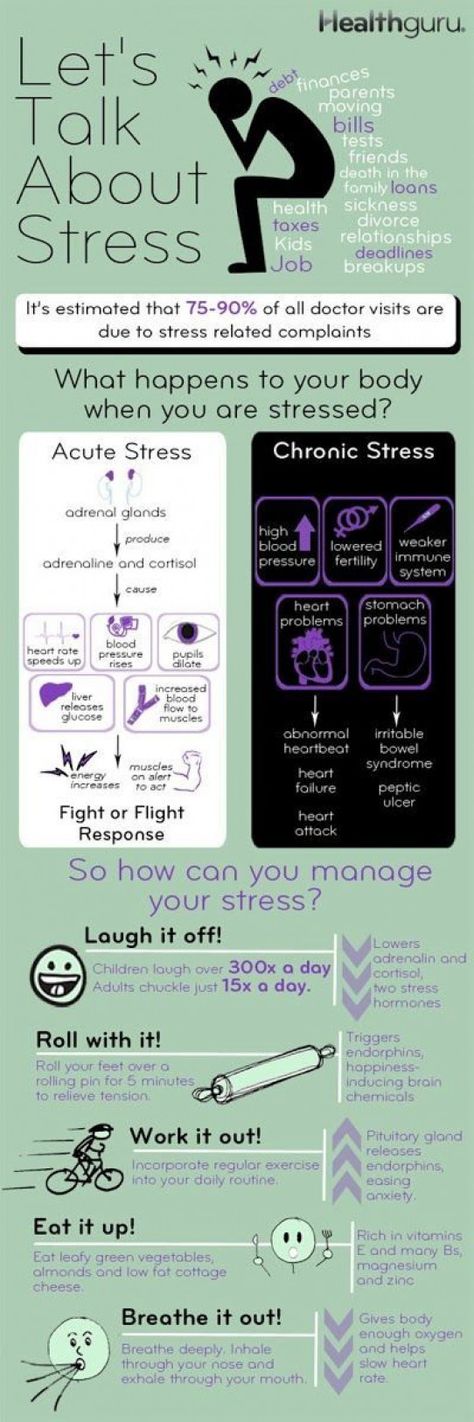 Take this assessment to see if you have symptoms common in people with an anxiety disorder.
Take this assessment to see if you have symptoms common in people with an anxiety disorder.
Medical ReviewerCaroline Buzanko, PhD
Who Is This Anxiety Quiz For?
Below is a list of questions designed for people who are experiencing anxiety-inducing thoughts. The questions relate to life experiences common among people who have been diagnosed with generalized anxiety disorder (GAD).
Please read each question carefully, and indicate how often you have experienced the same or similar challenges in the past few months.
How Accurate Is It?
This quiz is NOT a diagnostic tool. Mental health disorders can only be diagnosed by licensed health care professionals.
Psycom believes assessments can be a valuable first step toward getting treatment. All too often people stop short of seeking help out of fear their concerns aren't legitimate or severe enough to warrant professional intervention.
You Are Not Alone
According to the Anxiety & Depression Association of America, anxiety disorders are the most common mental illness in the United States, affecting some 40 million adults, or about 18% of the population.
Childhood anxiety disorders are even more common, affecting one-quarter of those ages 13 to 18 in the U.S.
And nearly half of those diagnosed with depression — which affects 17.3 million adults 18 and older in the U.S. and 264 million people worldwide — are also diagnosed with anxiety.
So the next time you feel alone, or like no one will understand, take comfort in the fact that you are part of the 1 in 13 people worldwide who suffers from anxiety, according to the World Health Organization (WHO). That's hundreds of millions of people who get it!
How Do I Get Tested for Anxiety?
While online quizzes like this can help someone understand their feelings, they should be followed up with a professional assessment. Your medical doctor or a mental health professional, such as a psychiatrist, psychologist or licensed clinical social worker, can help.
According to NYU Langone Health, an anxiety test for adults from a health care professional will include a physical exam, a lot of questions about your symptoms and any medications you are taking (some drugs can cause anxiety as a side effect), and potentially a blood test, to rule out any physical conditions that could be causing anxiety like hypothyroidism.
If physical or pharmaceutical causes are ruled out, a health care professional will then conduct a psychological evaluation, asking more questions about your symptoms — including how long you've experienced them and whether they persist or come and go — and whether anyone in your family has had a history of anxiety disorder or depression. This eval can also detect or rule out the presence of conditions like PTSD or an eating disorder, which can accompany anxiety disorders.
Can I get diagnosed with anxiety by an online mental health provider?
While online assessments can let you know whether you are experiencing symptoms associated with an anxiety disorder, it's best to see a health care professional in person to rule out or discover and treat any physical causes of your symptoms. Only qualified health care professionals can make an accurate diagnosis and start you on a treatment plan.
Only qualified health care professionals can make an accurate diagnosis and start you on a treatment plan.
How Is Anxiety Treated?
Anxiety is highly treatable often through a combination of cognitive behavior therapy and, in some cases, medication.
Your privacy is important to us. All results are completely anonymous.
Alchemer is versatile enough to efficiently solve your organizational problems. Please take my survey now
Anxiety Disorder FAQs
What is an anxiety disorder?
We all feel anxious from time to time, but anxiety disorders are more than a temporary bout of worry or fear. An anxiety disorder is characterized by persistent, overwhelming feelings of anxiety, worry, or fear that are intense enough to interfere with an individual’s day-to-day life. People with an anxiety disorder experience stress that is out of proportion to the thing they are worrying about and are unable to put these negative thoughts aside. They may feel constantly tense and on-edge, even if they aren’t certain what exactly they are anxious about.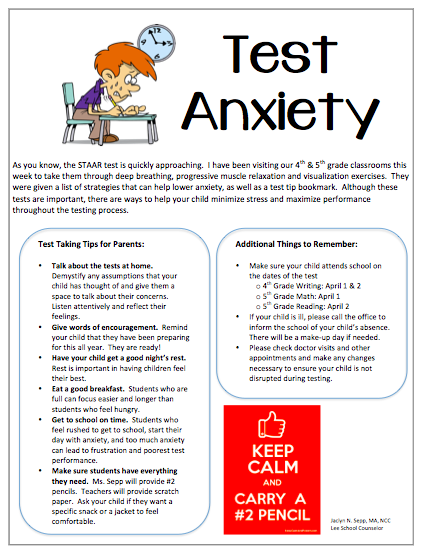
What are the different types of anxiety?
There are several types of anxiety disorders, including generalized anxiety disorder, social anxiety disorder, panic disorder, agoraphobia, separation anxiety disorder, and specific phobias. Examples of common specific phobias include pteromerhanophobia (fear of flying), claustrophobia (fear of enclosed spaces) and arachnophobia (fear of spiders).
How do I know if I have anxiety?
Anxiety is a normal reaction to many things in life that may cause us to feel threatened, challenged or under pressure. Feeling anxious from time to time is no great cause for concern. However, if you experience persistent anxiety that feels overwhelming, unforgettable and interferes with your daily life, you may be dealing with the symptoms of an anxiety disorder. Always reach out to a mental health professional for expert advice on whether your symptoms meet the criteria for a diagnosis.
Why do I have anxiety?
What causes anxiety and anxiety disorders is complex. It is likely that a combination of both genetics and environmental factors play a role in why some individuals are more prone to anxiety than others. Some events, emotions, or experiences may make it more likely for the symptoms of anxiety to begin or worsen—these are known as triggers. Anxiety triggers can cause panic attacks in some people and differ from person to person and so working with a mental health professional to identify what your triggers are and how you can react when faced with them can be incredibly helpful.
It is likely that a combination of both genetics and environmental factors play a role in why some individuals are more prone to anxiety than others. Some events, emotions, or experiences may make it more likely for the symptoms of anxiety to begin or worsen—these are known as triggers. Anxiety triggers can cause panic attacks in some people and differ from person to person and so working with a mental health professional to identify what your triggers are and how you can react when faced with them can be incredibly helpful.
How do I deal with anxiety?
There are many ways to deal with anxiety and combining a variety of approaches may help. For those with a diagnosed anxiety disorder, a combination of psychotherapy alongside a medication plan can be very effective. For those who experience anxiety from time to time, there are a variety of relaxation techniques to try that may quell feelings of worry or fear: breathing techniques, meditation, and progressive muscle relaxation are just some examples of techniques to try. Finding a distraction, taking part in physical activity, and talking to someone you trust are also all great options for relieving everyday anxiety.
Finding a distraction, taking part in physical activity, and talking to someone you trust are also all great options for relieving everyday anxiety.
How is anxiety treated?
Treatment for anxiety typically consists of a combination of psychotherapy (talk therapy) and medication. Cognitive behavioral therapy (CBT) is the most effective form of psychotherapy for generalized anxiety disorder. CBT teaches specific skills to manage your worries and help you gradually return to the activities you have avoided because of anxiety.
What medications are used in the treatment of anxiety?
Several types of medications are used in the treatment of generalized anxiety disorder, including antidepressants (including SSRIs and SRNIs), buspirone and benzodiazepines. Always talk with your doctor or mental health professional about the benefits, risks and possible side effects of medication for anxiety.
How can I use CBD oil for anxiety?
Early research is promising regarding the ability of CBD oil to help relieve anxiety. Although more research is needed, specifically on humans and generalized anxiety disorder to confirm if CBD can reduce the symptoms of anxiety, you may be interested in talking to your doctor to figure out a starting dosage that is right for you. While CBD is generally considered safe, some people who take CBD may experience some side effects such as diarrhea, fatigue, and changes in appetite. CBD may also interfere with certain medications or dietary supplements. One case study on a child under 18 offered evidence that CBD is effective as a safe alternative treatment to traditional psychiatric medications for reducing anxiety and insomnia.
Although more research is needed, specifically on humans and generalized anxiety disorder to confirm if CBD can reduce the symptoms of anxiety, you may be interested in talking to your doctor to figure out a starting dosage that is right for you. While CBD is generally considered safe, some people who take CBD may experience some side effects such as diarrhea, fatigue, and changes in appetite. CBD may also interfere with certain medications or dietary supplements. One case study on a child under 18 offered evidence that CBD is effective as a safe alternative treatment to traditional psychiatric medications for reducing anxiety and insomnia.
What is social anxiety?
Social anxiety disorder is a chronic mental health condition in which social interactions cause irrational anxiety. Social anxiety is more than just feeling shy. People with social anxiety have an intense fear of situations where they could be watched, judged, embarrassed, or rejected by others. The symptoms are so extreme that they interfere with the person’s daily routine and prevent them from taking part in ordinary activities.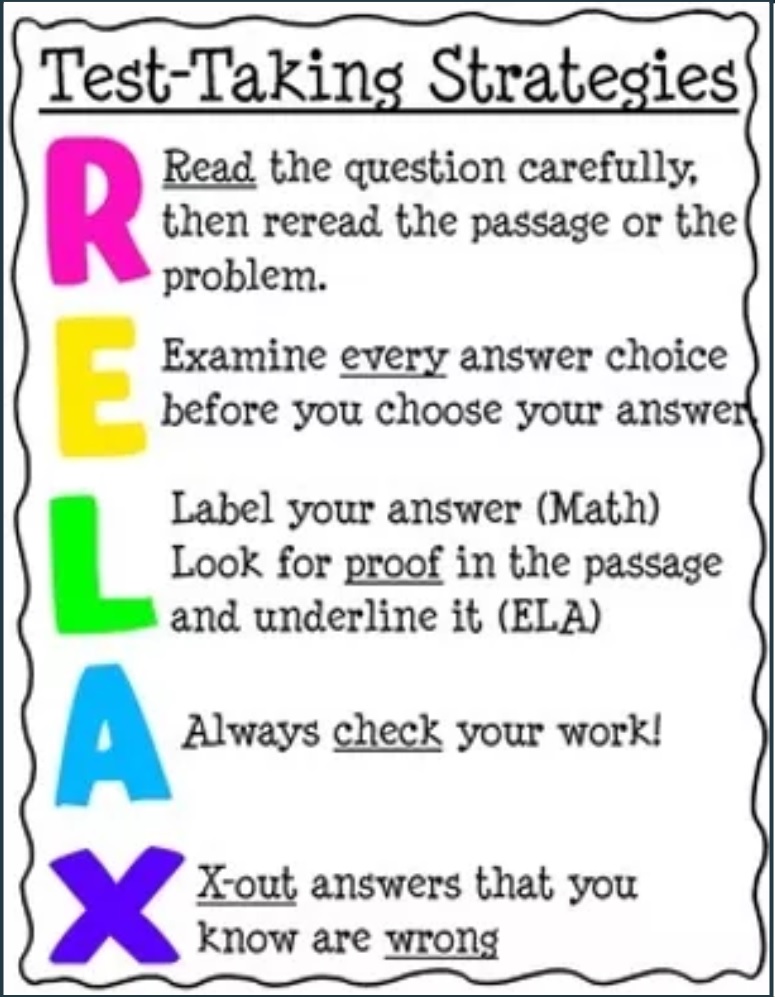
How can I help someone with anxiety?
Knowing the symptoms of anxiety can help you realize and act when someone you care about is in distress. Common anxiety behaviors include avoidance of feared situations or events (for example, children with school refusal), seeking reassurance, second-guessing, and irritability. The person may be engaging in all-or-nothing thinking or catastrophizing and demonstrating their belief that the worst will happen. If you notice these symptoms, avoid telling the anxious person not to worry or downplaying their feelings, which may leave them feeling misunderstood and belittled. Instead, be an active listener, express your concern, and recognize how difficult this is for them. Kindly encourage them to talk to a mental health professional or to draw on the techniques they have learned in therapy, if they are already in treatment.
Mayo Clinic. Generalized anxiety disorder. Accessed April 6, 2021. National Institute of Mental Health. Generalized Anxiety Disorder: When Worry Gets Out of Control.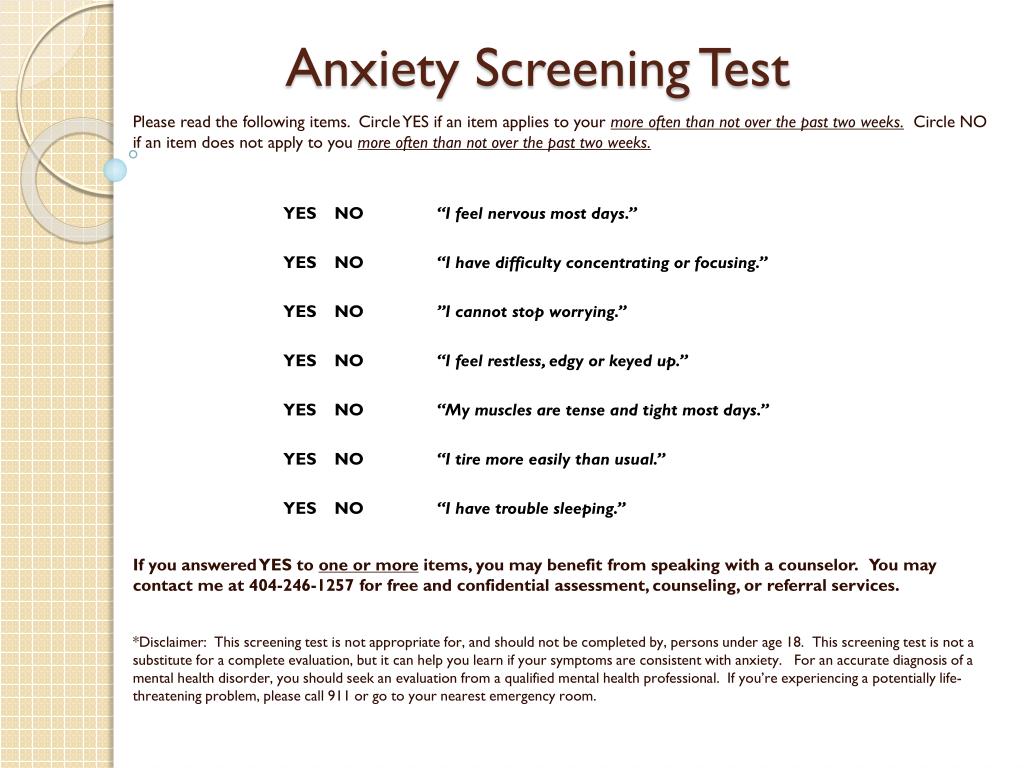 Accessed April 6, 2021. National Institute of Mental Health. Social Anxiety Disorder: More Than Just Shyness. Accessed April 6, 2021. Shannon, S., & Opila-Lehman, J. (2016). Effectiveness of Cannabidiol Oil for Pediatric Anxiety and Insomnia as Part of Posttraumatic Stress Disorder: A Case Report. The Permanente journal, 20(4), 16-005. Accessed April 6, 2021.
Accessed April 6, 2021. National Institute of Mental Health. Social Anxiety Disorder: More Than Just Shyness. Accessed April 6, 2021. Shannon, S., & Opila-Lehman, J. (2016). Effectiveness of Cannabidiol Oil for Pediatric Anxiety and Insomnia as Part of Posttraumatic Stress Disorder: A Case Report. The Permanente journal, 20(4), 16-005. Accessed April 6, 2021.
Notes: This article was originally published July 9, 2021 and most recently updated January 21, 2022.
Personal scale of manifestations of anxiety (J.Teylor)
The questionnaire was proposed by J.Teylor and is designed to measure the level of anxiety.
Adapted by Nemchin T.A.
The questionnaire consists of 50 statements, which must be answered "yes" or "no".
Evaluation of the results of the study according to the questionnaire is carried out by counting the number of responses of the subject, indicating anxiety.
Each "yes" response to statements
14, 15, 16, 17, 18, 19, 20, 21, 22, 23, 24, 25, 26, 27, 28, 29, 30, 31, 32, 33, 34, 35, 36, 37, 38 , 39, 40, 41, 42, 43, 44, 45, 46, 47, 48, 49, 50
and the answer "no" to statements
1, 2, 3, 4, 5, 6, 7, 8, 9, 10, 11, 12, 13
is worth 1 point.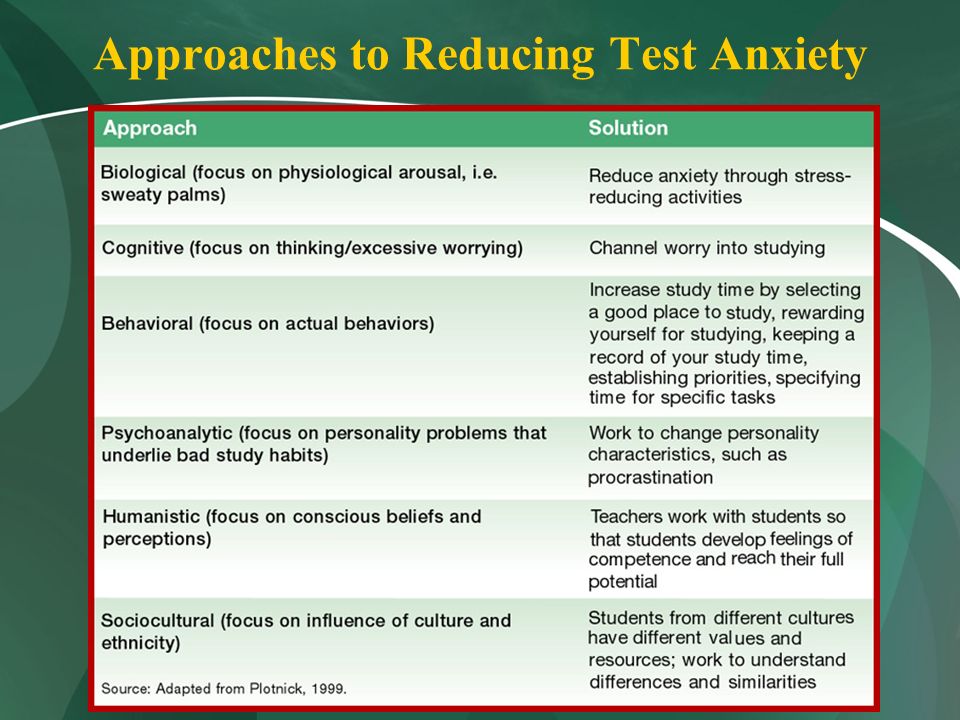
Total score:
40-50 points is considered as an indicator of a very high level of anxiety;
20-40 points indicate a high level of anxiety; nine0003
15-25 points - about the average (with a tendency to high) level;
5-15 points - about the average (with a tendency to low) level;
0-5 points - about a low level of anxiety.
Instructions: Questions must be answered "yes" or "no".
1. Usually I am calm and it is not easy to get me angry.
2. My nerves are no more disturbed than those of other people.
3. I rarely get constipated. nine0003
4. I rarely have headaches.
5. I rarely get tired.
6. I almost always feel quite happy.
7. I am confident.
8. I almost never blush.
9. Compared to my friends, I consider myself quite a brave person.
10. I don't blush more often than others.
11.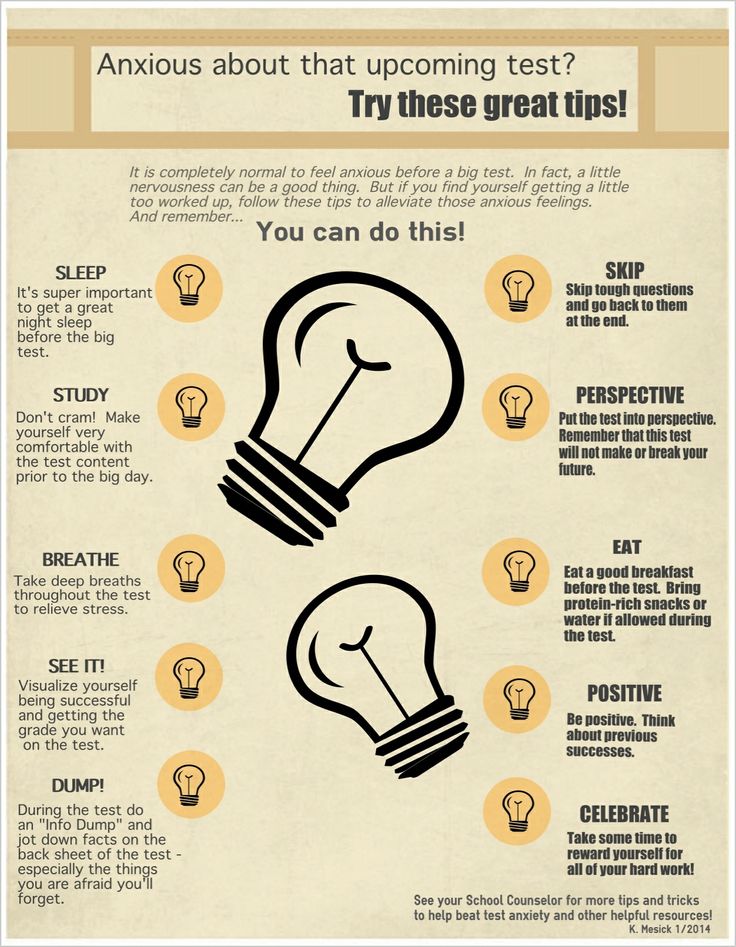 I rarely have a heartbeat.
I rarely have a heartbeat.
12. Usually my hands are quite warm. nine0003
13. I am no more shy than others.
14. I lack self-confidence.
15. Sometimes it seems to me that I am good for nothing.
16. I have periods of such anxiety that I cannot sit still.
17. My stomach troubles me a lot.
18. I have the courage to endure all the difficulties ahead.
19. I would like to be as happy as others.
20. Sometimes it seems to me that I have piled up such difficulties that I cannot overcome. nine0003
21. I often have nightmares.
22. I notice that my hands begin to tremble when I try to do something.
23. I have extremely restless and interrupted sleep.
24. I am very worried about possible failures.
25. I had to experience fear in those cases when I knew for sure that nothing threatened me.
26. It is difficult for me to concentrate on work or on any task.
28. I am easily confused.
29. Almost all the time I feel anxiety because of someone or something.
30. I tend to take everything too seriously.
31. I often cry.
32. I often suffer from bouts of vomiting and nausea.
33. Once a month or more I have an upset stomach.
34. I am often afraid that I am about to blush.
nine0002 35. It is very difficult for me to concentrate on anything.36. My financial situation is very disturbing to me.
37. I often think about things that I would not want to talk about with anyone.
38. I had periods when anxiety deprived me of sleep.
39. At times, when I am confused, I sweat a lot, which makes me very embarrassed.
40. Even on cold days I sweat easily.
41. At times I get so excited that it's hard for me to sleep. nine0003
42. I am an easily excitable person.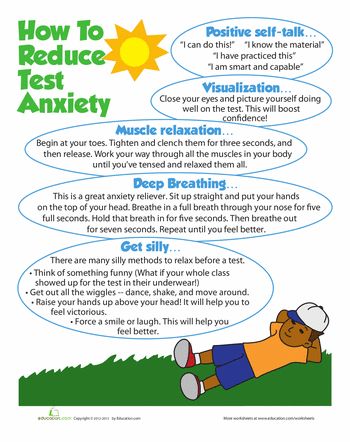
43. At times I feel completely useless.
44. Sometimes it seems to me that my nerves are severely shattered, and I'm about to lose my temper.
45. I often find myself worrying about something.
46. I am much more sensitive than most other people.
47. I feel hungry almost all the time.
48. Waiting makes me nervous.
nine0002 49. Life for me is connected with unusual stress.50. Waiting always makes me nervous.
Alarm scale. Spielberger Khanin Anxiety Test
- The test determines the level of anxiety based on a self-assessment scale. Situational anxiety is more dependent on current problems and experiences. Personal anxiety is a constant category and is determined by the type of higher nervous activity, temperament, character, upbringing and acquired strategies for responding to external factors. Indicators of personal and situational anxiety are interconnected: in people with high rates of personal anxiety, situational anxiety in similar situations is manifested to a greater extent.
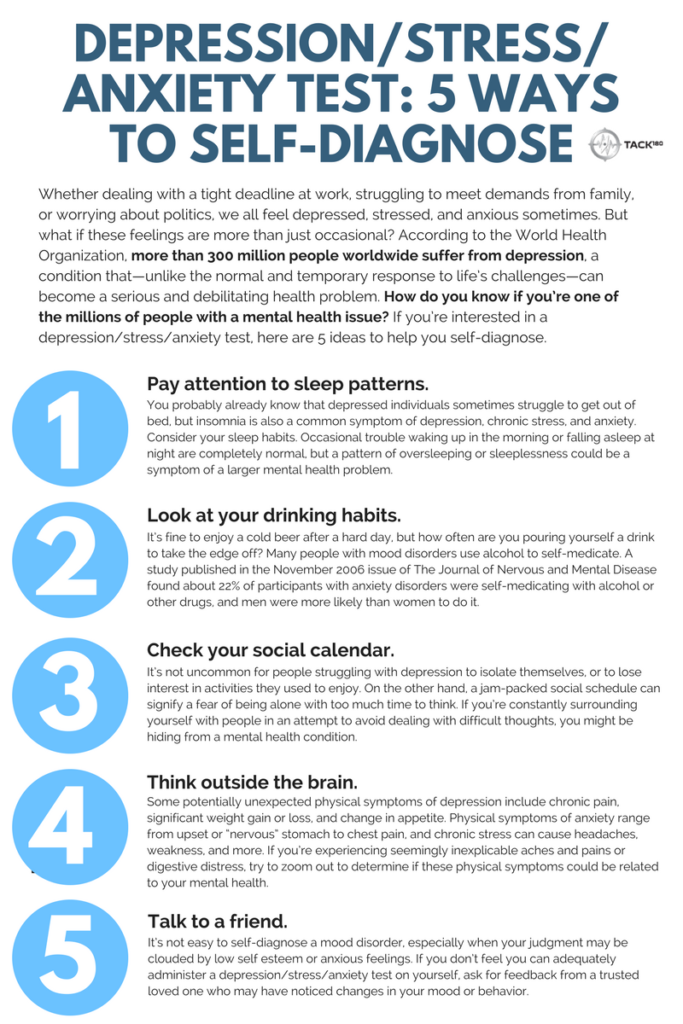 nine0003
nine0003 INSTRUCTION: Read carefully each of the following sentences and write down the corresponding number on the right depending on HOW YOU FEEL AT THE MOMENT. Answer the first thing that comes to mind.
PART 1 SITUATIONAL ANXIETY
No. Statements No, it's not like that at all Perhaps so Right Quite right nine0168 1 I am calm 1 2 3 four 2 Nothing threatens me 1 2 3 four 3 I'm under pressure 1 2 3 four nine0168 four I feel regret 1 2 3 four five I feel free 1 2 3 four 6 I'm sad 1 2 3 four nine0168 7 I'm worried about possible failures 1 2 3 four 8 I feel rested 1 2 3 four nine I'm uptight 1 2 3 nine0167 four10 I feel a sense of inner satisfaction 1 2 3 four eleven I'm confident 1 2 3 four 12 I'm nervous 1 2 nine0167 3four 13 I can't find my place 1 2 3 four fourteen I'm energized 1 2 3 four 15 I do not feel stiffness, tension 1 2 nine0168 3 four sixteen I am satisfied 1 2 3 four 17 I'm preoccupied 1 2 3 four eighteen I'm too excited and I'm not myself 1 2 nine0168 3 four nineteen I'm happy 1 2 3 four 20 I'm pleased 1 2 3 four
PART 2: PERSONAL ANXIETY
 nine0168
nine0168 